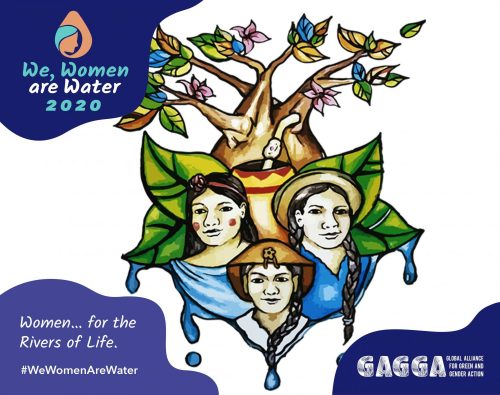
Villa Montes, located in El Chaco, Bolivia, is an area known for oil and gas production, an industry that has…
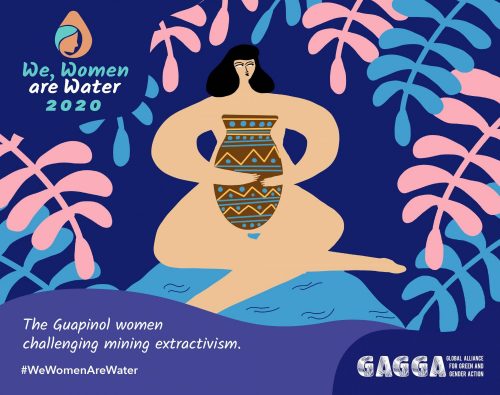
The region of Colón in Honduras hosts 11 percent of the country’s mining concessions. At the beginning of 2012, the…
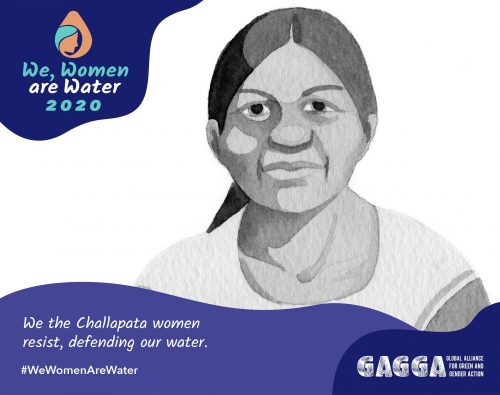
In the municipality of Challapata in the Avaroa Province of the Oruro region, Bolivia, is the Tacagua freshwater dam, which…
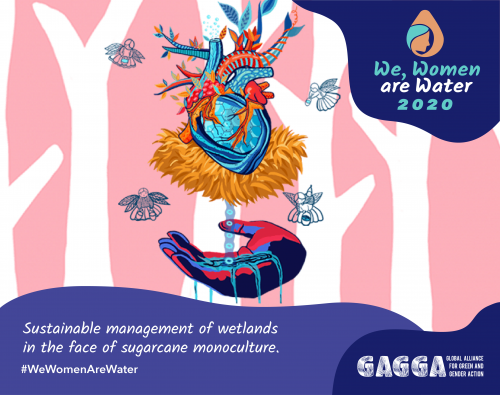
The southern wetlands of Honduras along coastal areas in the Gulf of Fonseca is the 1000th “Ramsar” site, meaning it…
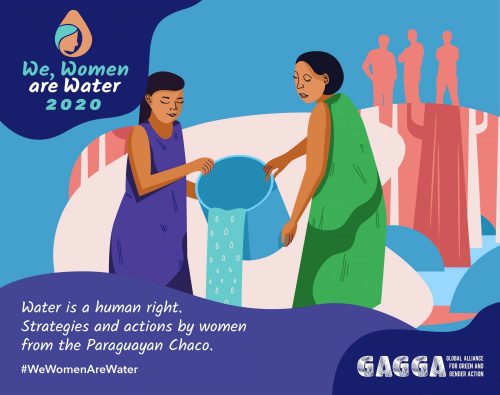
The Paraguayan Chaco (the western region of Paraguay) has a semi-arid climate which, aggravated by climate change, has long periods…
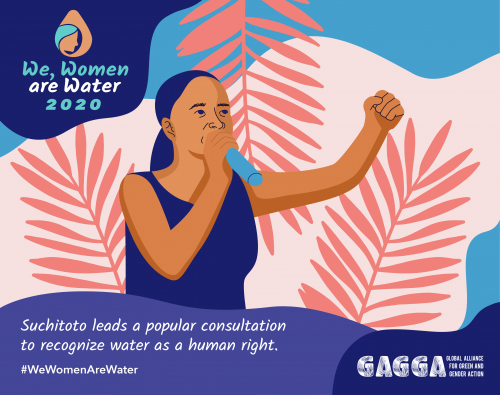
Suchitoto in El Salvador has made a landmark achievement: it is the municipality with the greatest water coverage as a…
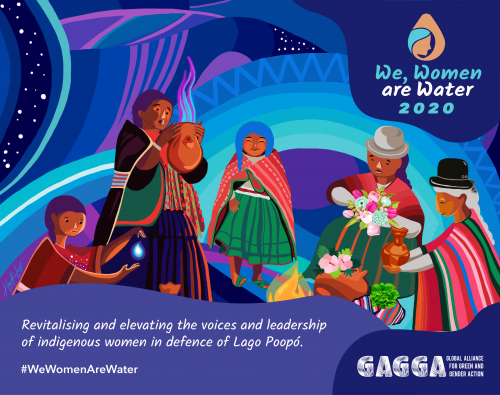
Lake Poopó, situated in Oruro, Bolivia, is also known as “Mama Qhocha,” a symbol of reproduction and a sacred place…
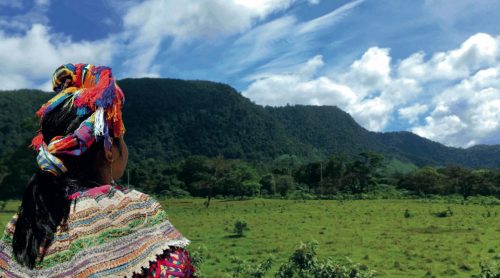
PUBLISHED IN VICE VERSA | JANUARY 9, 2020 By Jan-Albert Hootsen In politically unstable Guatemala, indigenous communities are often the…
